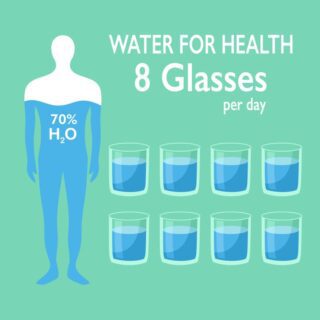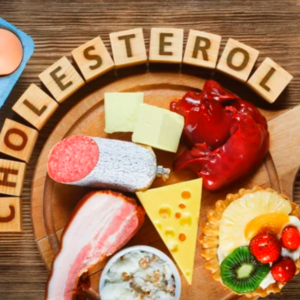Hypertension

Millions of people are plagued with a condition called hypertension, also known as high blood pressure. The Cleveland Clinic describes high blood pressure as a condition which occurs when the pressure against the blood vessel walls in one’s body is consistently too high. A normal blood pressure is defined as less than 130/80 mmHg. The top number, 130, measures the systolic pressure or pressure as the heart contracts. The bottom number, 80, is known as diastolic pressure and measures the pressure against your blood vessels when the heart is relaxed. Below is a chart depicting the different stages of hypertension as defined by the Cleveland Clinic.
| Category | Blood Pressure |
| Normal | Under 130/80 mmHg |
| Stage 1 Hypertension (mild) | 130-139/ OR diastolic 80-89 mmHg |
| Stage 2 Hypertension (moderate) | 140/90 mmHg or higher |
| Hypertensive Crisis (emergency) | 180/120 mmHg or higher |
Since moderately high blood pressure does not usually cause acute symptoms, it is important to see a healthcare provider regularly to measure it or measure it yourself if necessary. It is important to catch high blood pressure early on to prevent serious complications or bodily damage. Uncontrolled hypertension can cause strokes, heart attacks, kidney disease, pregnancy complications such as preeclampsia, ocular damage, and peripheral vascular disease according to the Cleveland Clinic. If you have any of the following risk factors, it is even more important to inform your health care provider and monitor your blood pressure regularly: family history, age >55yrs, obesity, smoking, drinking, African descent, and high sodium diet.

Treatment for high blood pressure depends on the severity of the disease. Mild hypertension may be managed with lifestyle modifications such as smoking cessation, a low salt/low fat diet, increased exercise, limiting alcohol consumption, and lowering stress levels. Moderate hypertension or hypertension resistant to lifestyle changes may require pharmacological management. First line medications used to treat high blood pressure include angiotensin-converting enzyme (ACE) inhibitors, Angiotensin II receptor blockers (ARBs), calcium channel blockers, and diuretics according to the Cleveland Clinic. If your blood pressure is high enough to be categorized as a hypertensive crisis, this is considered a medical emergency and requires immediate treatment. Talk to your health care provider to determine the best
treatment plan for you and be sure to monitor your blood pressure at home once you’ve been diagnosed with hypertension. If you follow your treatment plan and closely monitor your own blood pressure, you can control your hypertension and prevent any future serious complications.
Reference
1. High blood pressure (hypertension): Causes and symptoms. Cleveland Clinic. (n.d.). Retrieved January 21, 2022, from https://my.clevelandclinic.org/health/diseases/4314-hypertension-high-blood-pressure

This article reviewed by Dr. Jim Liu, MD and Ms. Deb Dooley, APRN.
There’s nothing more important than our good health – that’s our principal capital asset.
#medical #telehealth #hypertension #highbloodpressure #umedoc










